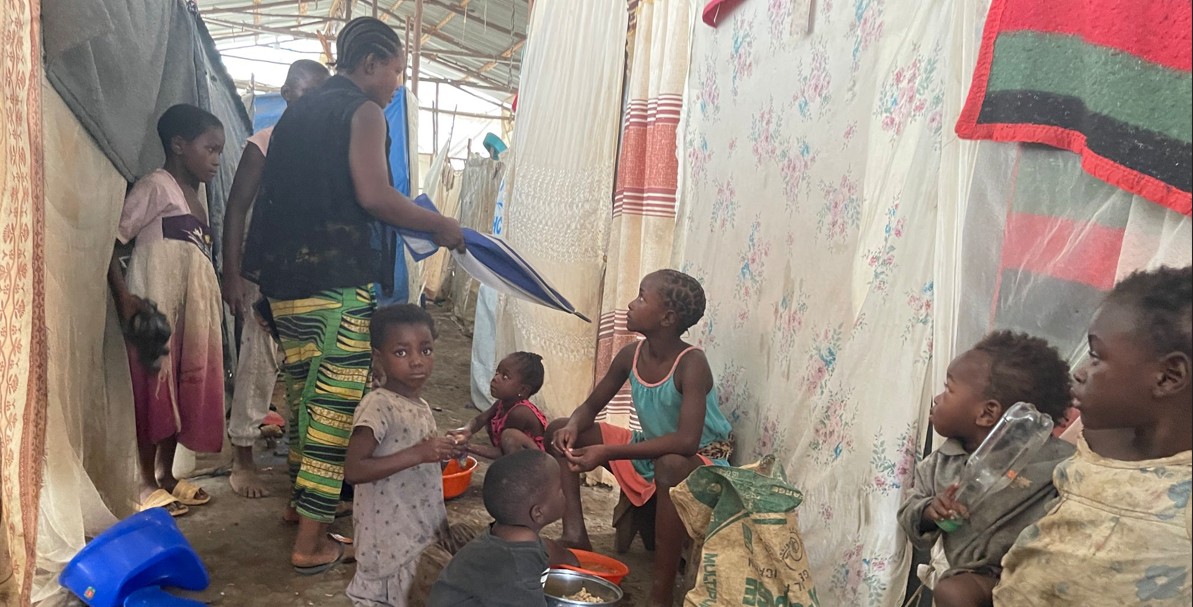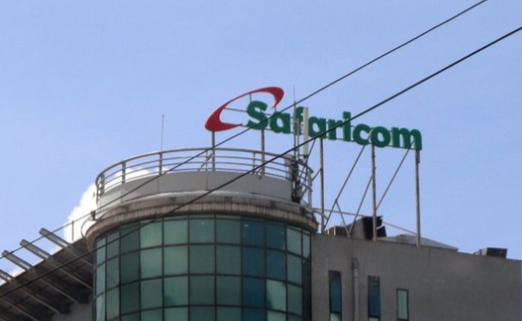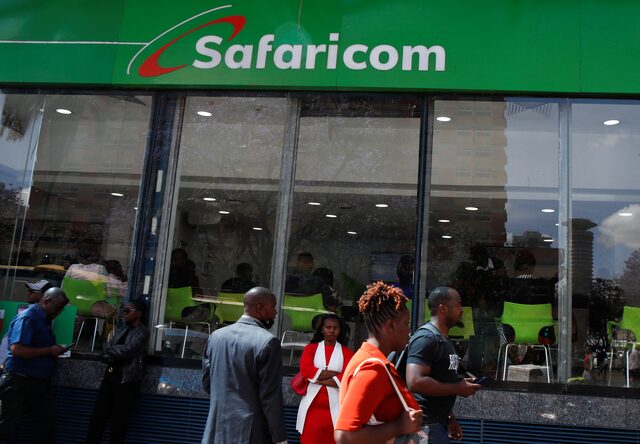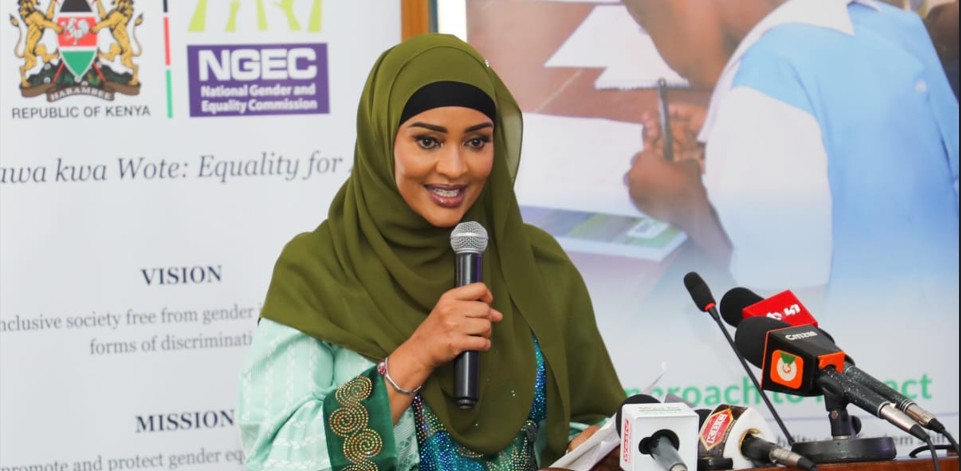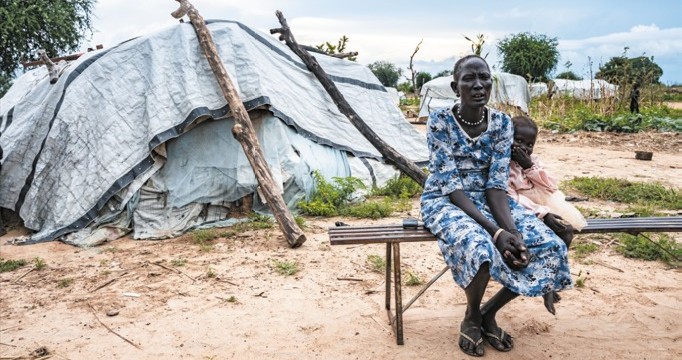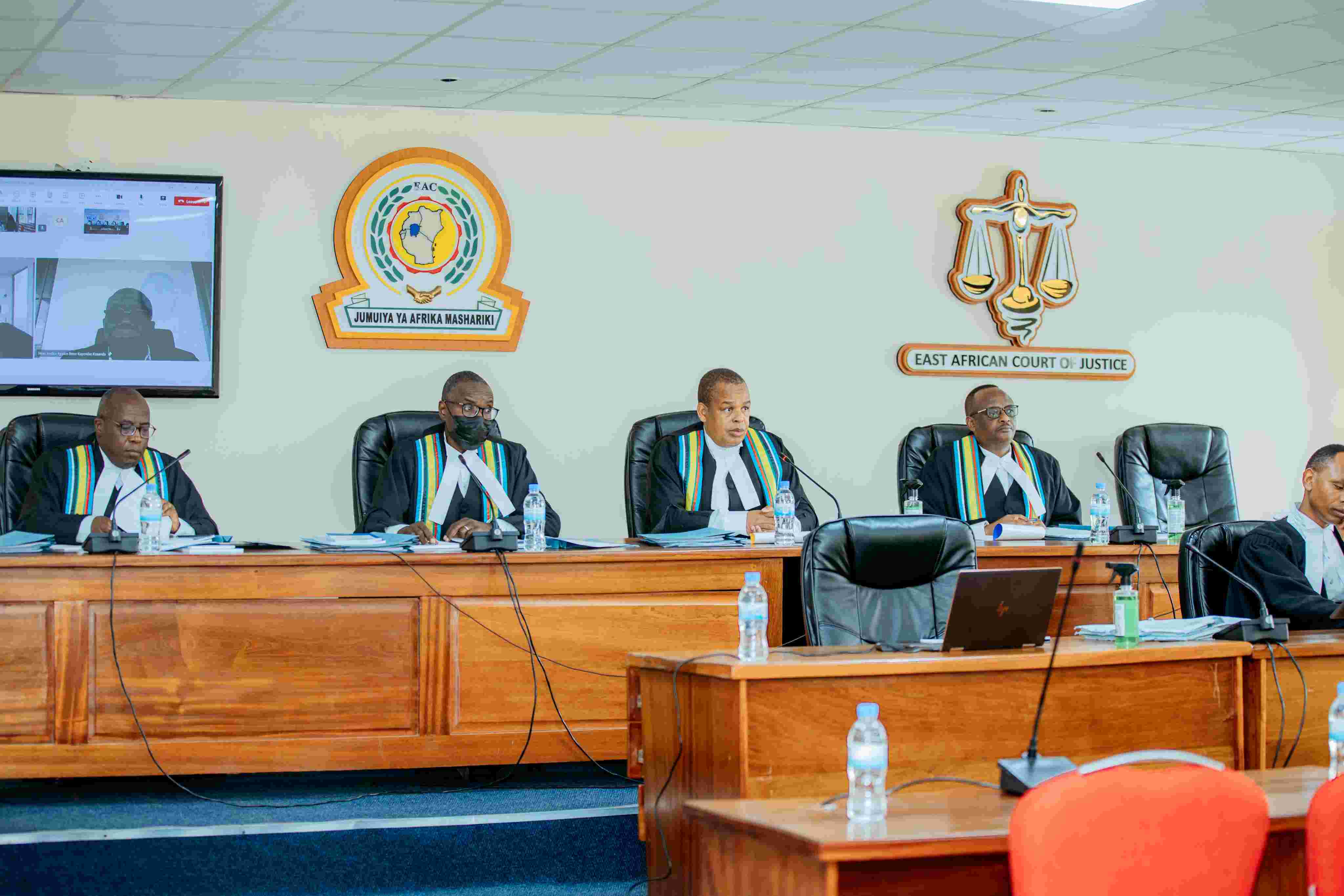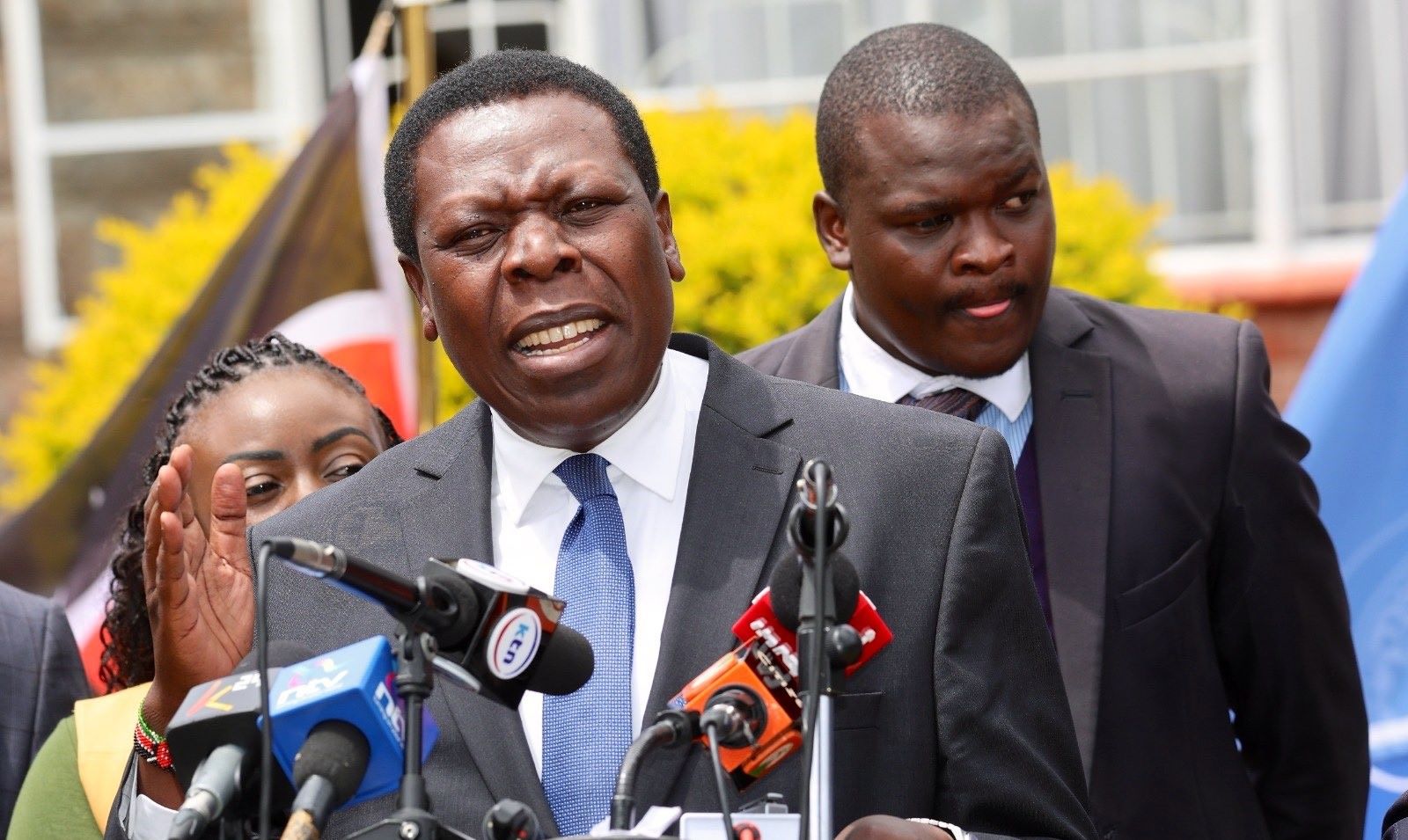Report reveals mismatch between pledges and actual women empowerment
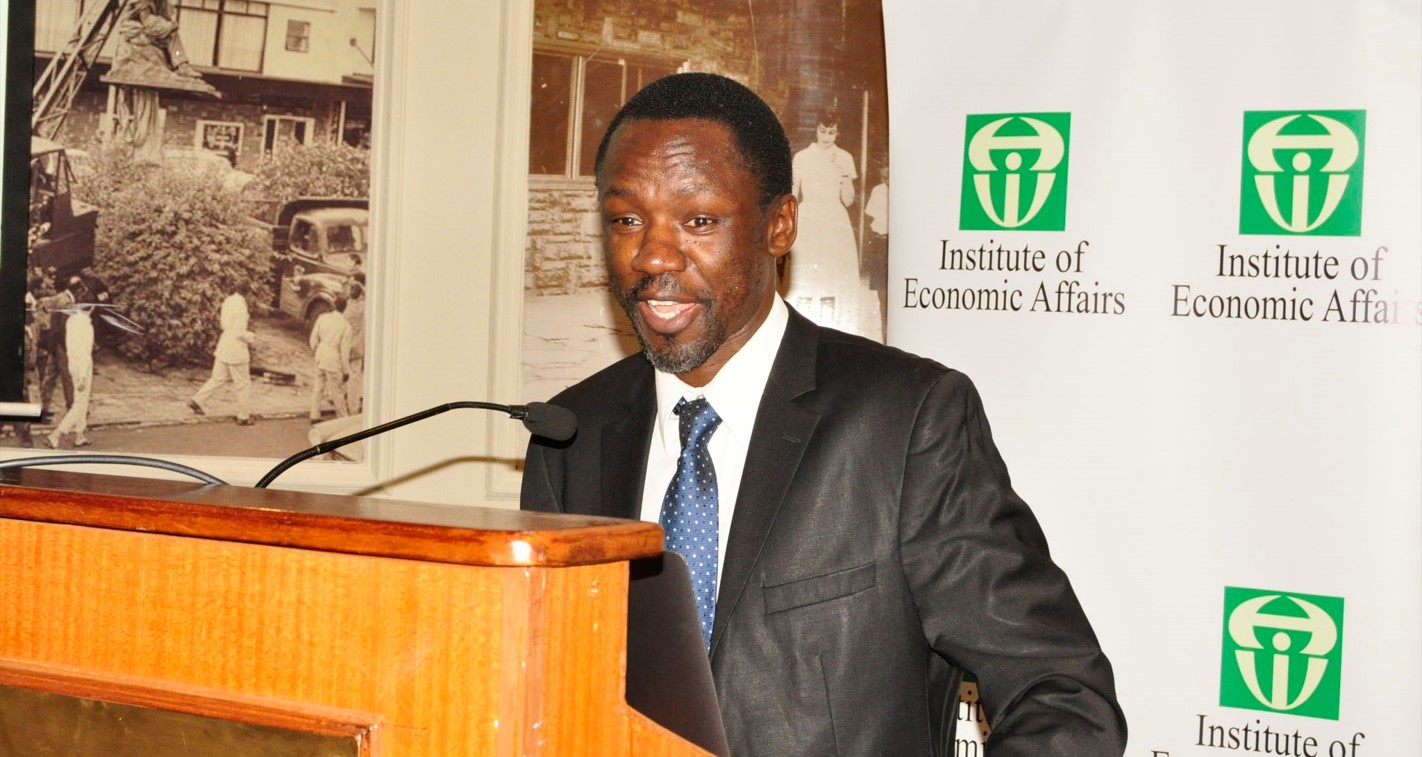
Kenya has seen a decline in political empowerment, dropping from 75th to 80th place, and has also fallen in educational attainment.
There exists an inadequacy of attention given to women's empowerment initiatives in Kenya, despite national and county governments' rhetoric on the matter.
According to a study report by the economic think tank, the Institute of Economic Affairs (IEA), the current efforts to empower women towards achieving gender equality are not substantially reflected in budgetary allocations or actual funding for instance.
More To Read
- Kenya unveils two-year strategy to fix data gaps and fast-track gender equality
- KNCHR raises alarm as over 100 femicide cases recorded in three months
- Uwezo Fund disburses Sh2.2 million to 14 community groups in Kamukunji
- Kenyan women shoulder Sh1.89 trillion in unpaid domestic work, says KNBS
- Digital platforms fuel sexual exploitation of women in Kenya - report
- Taita Taveta leaders push for women’s land rights, economic empowerment
It says the entire budget with women's economic empowerment-friendly initiatives averaged 23 and 25 per cent, respectively, in the past two years, figures the experts term insufficient to meet equality targets set for 2030.
This is against the backdrop of the percentage population of women standing at about 50.5 per cent of the entire population, reflecting the significant potential of their economic contribution to the development of the country.
Moreover, the study reveals a significant gap in the accountability of how funds are allocated and spent in the women empowerment programmes.
It laments the lack of systematic assessment during the budgeting process to gauge the impact of allocations on different gender groups, including women, men, girls and boys.
"The current approach to budget reporting, coupled with the lack of disaggregation in reporting on budget allocations and executions, poses a challenge in tracing financing directed towards priority policy areas on women's economic empowerment initiatives (WEEI) in state departments such as land, housing, environment and agriculture," the report reads.
Misallocation and misuse
Arguably, the lack of oversight also cultivates a culture of misallocation, misuse and in some cases, theft of funds, further exacerbating the challenges women face in accessing the resources meant for their empowerment.
Nevertheless, the study raises concern regarding whether all the spending in the departmental programmes is genuinely geared toward empowering women.
Offering more insights on budget allocation to the 11 key state departments and ministries that focus majorly on the gender equality push, IEA says the total budget to the departments constituted 40 and 42 per cent of the entire national executive budget in the past two financial years.
"This shows that the combined budget allocation within those two years has seen an increment of about two percentage points. However, in absolute numbers, it has decreased by Sh2.2 billion from Sh877 billion in 2022 to Sh875 billion in 2023," the report says.
"This is because, the three top MDAs that have witnessed a reduction in their allocation of WEEI are the State Department for Youth Affairs and the Arts, the National Treasury, and the Ministry of Health at 55, 30 and 22 per cent, respectively."
It adds that the one that has presented a notable increase is the State Department of Education at 31 per cent.
The 11 key focus agencies, ministries and departments include the State Department for Gender and Affirmative Action, National Gender Commission, State Department for Higher Education and Research, State Department for Basic Education, State Department for Vocational and Technical Training, State Department for Youth Affairs and the Arts and the National Treasury.
Others are the State Department for Social Protection, Senior Citizens Affairs and Special Programmes, Ministry of Labour. Ministry of Health and the Teachers Service Commission.
The National Policy on Gender and Development reports that despite a progressive Constitution that promotes gender equality and women's empowerment, gender inequality remains a key issue of concern in Kenya.
"The patriarchal social order supported by statutory, religious and customary laws and practices, and the administrative and procedural mechanisms for accessing rights have continued to hamper the goal of attaining gender equality and women's empowerment."
Gender equality rankings
Notably, Kenya has made good progress in addressing gender issues, as evidenced by its recent improvement in global gender equality rankings.
The 2024 Global Gender Gap Index by the World Economic Forum, shows Kenya has moved up from position 77 to 75 worldwide, achieving a score of 0.712.
In Africa, Kenya ranks 13th and is 4th in East Africa, trailing only behind Rwanda, Burundi, and Tanzania.
This indicates that while Kenya excels in certain areas, there remains significant room for improvement.
The Global Gender Gap Index evaluates four key dimensions: economic participation and opportunity, educational attainment, health and survival and political empowerment.
Kenya's rankings in these categories are 13th, 135th, 52nd, and 80th, respectively.
Compared to the 2023 report, the country has shown improvement in economic participation and opportunity as well as health and survival.
However, East Africa's largest economy has seen a decline in political empowerment, dropping from 75th to 80th place, and has also fallen in educational attainment.
Top Stories Today


